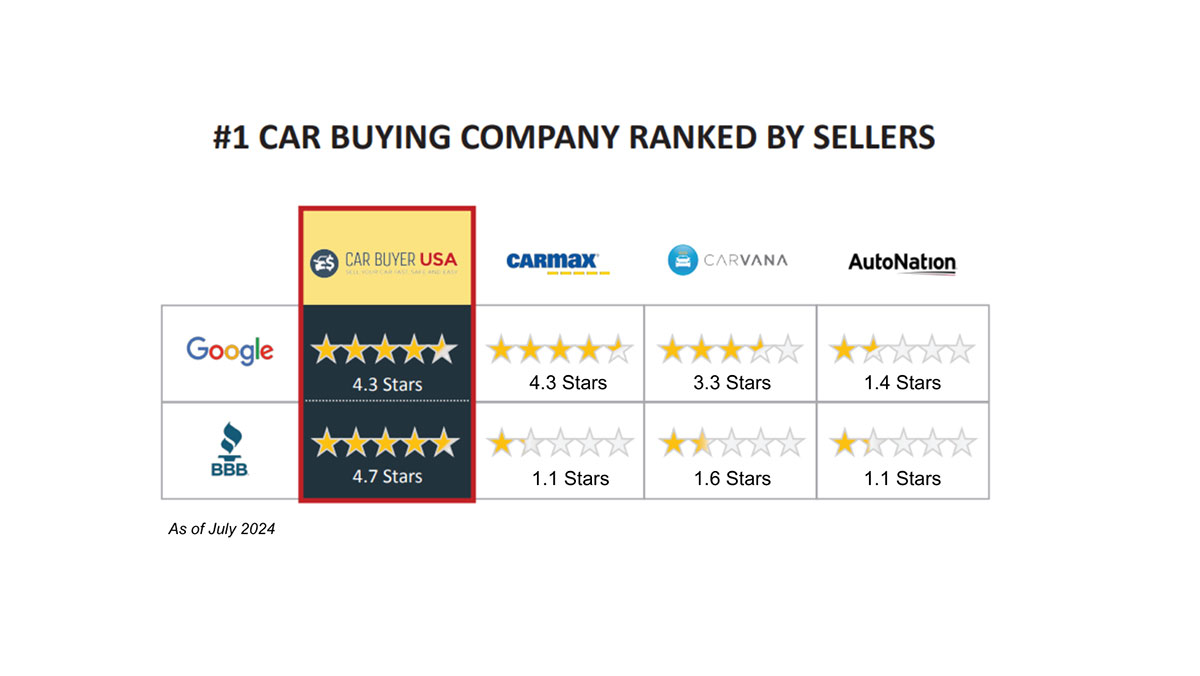
In recent years, Hyundai and Kia have faced a growing number of issues related to engine defects, fire risks, and safety vulnerabilities, leading to widespread recalls and legal challenges. As of 2025, these problems continue to affect hundreds of thousands of vehicle owners across the United States, with both automakers under increasing pressure to resolve them. Here's a clear and up-to-date summary of the situation, including how it may impact you and what steps you can take if you own one of the affected vehicles.
One of the latest developments involves the recall of approximately 137,000 Kia Seltos and Soul models from the 2021 to 2023 model years. The issue centers on improperly manufactured piston oil rings that can cause engine damage. In some cases, this defect has led to engine stalls or fires, significantly increasing the risk of a crash or injury. Kia has instructed dealerships to inspect these vehicles and, when necessary, replace the engines. As part of the remedy, Kia is also installing new software designed to detect excessive engine noise, which can be an early warning sign of trouble. Owners are not charged for these repairs.
Following this recall, a class action lawsuit was filed in early 2025, accusing Kia of knowingly selling vehicles with dangerous engine flaws. The lawsuit alleges that the affected Seltos and Soul models are essentially unsafe and diminished in value, even if they haven’t experienced engine failure. The case is currently making its way through the court system, and many owners are waiting to see how the legal process unfolds.
This is not the first time Hyundai and Kia have been in the spotlight for engine issues. Vehicles equipped with Theta II engines have been under investigation for several years. These engines, found in many Hyundai and Kia models, have a history of seizing up due to bearing wear, which can cause sudden engine failure. The National Highway Traffic Safety Administration (NHTSA) has been reviewing whether both companies acted quickly and thoroughly enough in addressing the known risks. These concerns have led to multiple recalls and lawsuits over the years, and scrutiny remains high.
The problems extend beyond gas-powered engines. In late 2024, Hyundai and Kia issued a recall affecting over 208,000 electric vehicles, including the Hyundai Ioniq 5 and Ioniq 6, Genesis GV60 and GV70, and Kia EV6 models. These 2022 to 2025 model year EVs were found to have defective transistors in the charging control unit, which could cause the vehicles to lose power while driving. Dealerships are now replacing the faulty components and updating the software to prevent this failure in the future. This recall is especially concerning because it involves relatively new EV technology and highlights potential risks in the companies’ growing electric lineup.
Another major issue affecting Hyundai and Kia is the vulnerability to vehicle theft in certain models that lack engine immobilizers. This feature, common in most modern vehicles, helps prevent unauthorized starting of the engine. However, from 2011 to 2022, many Hyundai and Kia vehicles were sold without this basic theft deterrent. This oversight contributed to a sharp increase in thefts, particularly in urban areas. In response, Hyundai and Kia agreed to a class action settlement worth up to $145 million to cover software updates, anti-theft devices, and compensation for owners affected by theft-related damages.
The settlement provides relief to eligible vehicle owners through repairs, reimbursements, and financial compensation. Claimants can find more information and submit requests through the official website: https://www.kiaenginesettlement.com/. However, appeals and legal delays have slowed down the distribution of funds, with payments expected to begin between September 2025 and June 2026, depending on the final court rulings.
In addition to these large-scale recalls, Hyundai recently recalled around 9,000 ix35 vehicles due to a brake fluid leak that could trigger engine fires. This risk persists even when the vehicle is parked, prompting officials to advise owners to park away from buildings or flammable materials and to watch for dashboard warning lights. Dealers are providing repairs at no cost. For current Hyundai and Kia owners, the best course of action is to stay informed and proactive. By entering your vehicle’s VIN on Hyundai’s or Kia’s official recall websites, you can find out if your car is affected by any current recalls. If your vehicle is eligible for the theft-related settlement, be sure to submit your claim before the deadline.
Hyundai and Kia have committed to addressing these issues, but the scope and scale of the problems remain a serious concern for many drivers. Whether you drive a gasoline, diesel, or electric model from either automaker, keeping up with recall notices and legal updates can help you stay safe and protect your investment. If you drive a Hyundai or Kia, don’t wait for trouble to find you—check your VIN, stay updated, and claim what you’re owed. A few minutes now could save your engine, your wallet, and your peace of mind.


